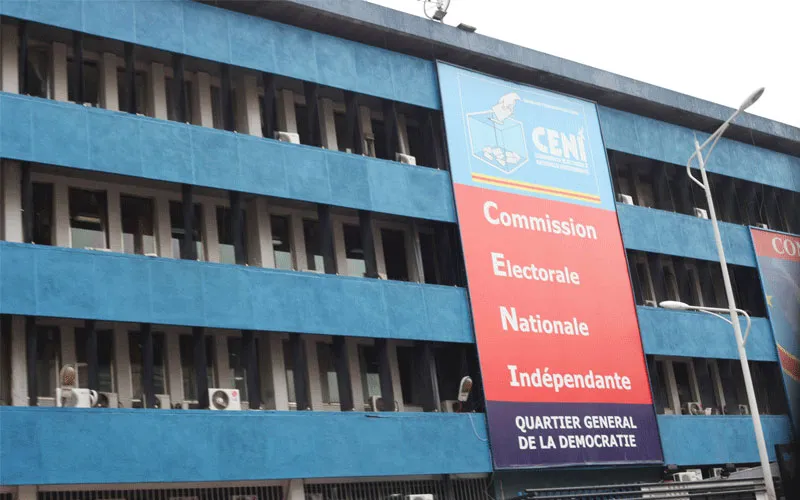“While the amendments made to the bill on electoral reforms by Christophe Lutundula's PAJ Commission are controversial, particularly on the issue of the composition of the bureau, we propose that the number of delegates to the plenary should respect the principle of proportionality between the political and civil society components,” the Christian leaders in DRC say.
Making reference to the recent parliamentary vote for CENI reforms, CENCO and ECC members say, “We are very surprised that other provisions aimed at strengthening the independence of the CENI as well as those instituting technical and administrative control contained in this Lutundula bill were pruned from the text adopted at the National Assembly.”
People should be appointed to the commission based on their expertise, moral integrity, probity and intellectual honesty rather than their party or political groupings, they say, and add, “We propose the inclusion in the texts of the mechanisms for strengthening the independence of the CENI as well as those which institute its technical and administrative control,” opine the leaders.
The CENCO and ECC members further express their opposition to the use of a joint majority-opposition commission to examine the files of the potential candidates to the electoral body because such procedure would seem to favor the politicization of the appointment process.
In April, DRC religious leaders urged Members of Parliament (MPs) to practice impartiality as they debate about new members to constitute the CENI.
“This is a good opportunity for us to recall that the purpose of the urgently needed reforms in this area is to strengthen the legal mechanisms likely to guarantee the independence, neutrality and impartiality of CENI so as to reassure all electoral actors of the credibility of the 2023 elections,” the religious leaders under their umbrella body of the Forum of Religious Denominations said April 21.
They cautioned against influence due to political affiliations saying that the major challenge remains the “need to minimize political influence on the electoral body.”
Last year, the leaders asked President Tshisekedi not to accept the National Assembly’s “endorsement” of Ronsard Malonda as the head of CENI, terming the decision by the members of parliament “controversial.”
Since then, faith-based leaders in the country have remained divided over the choice of the Chairperson of the electoral commission, a prerogative accorded them by the country’s constitution.
In September 2020, DRC’s Catholic Bishops urged MPs and Senators to prioritize the interests of the Congolese people during their deliberations in the country’s capital, Kinshasa.








